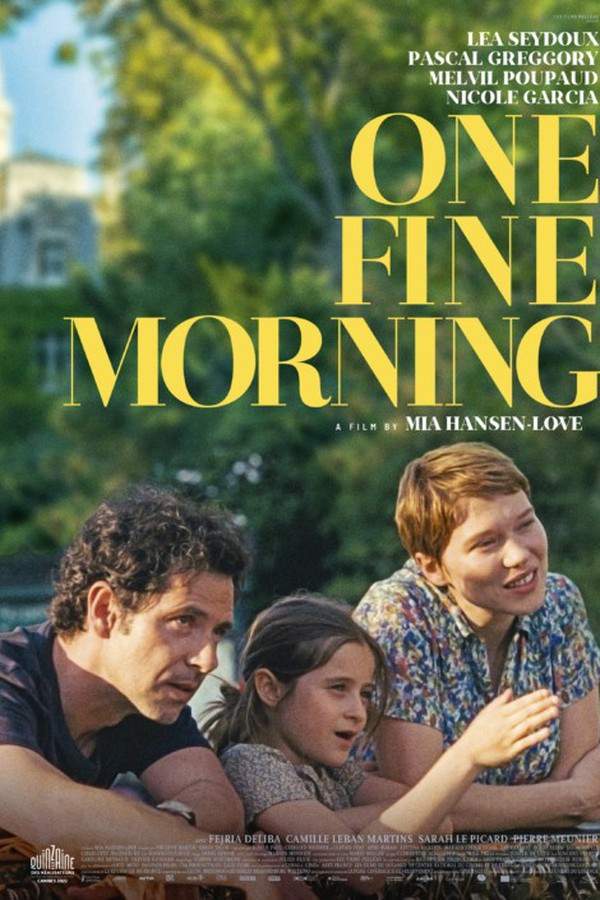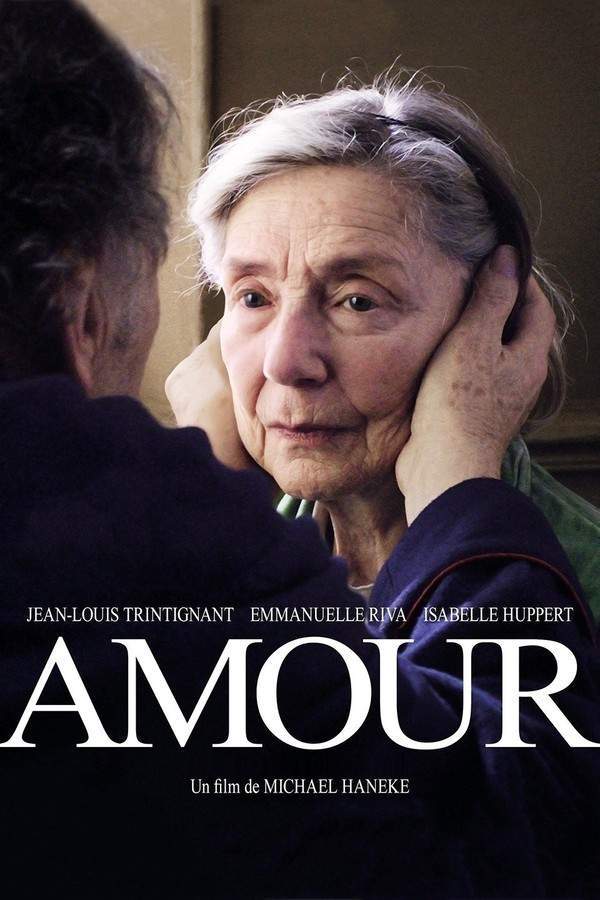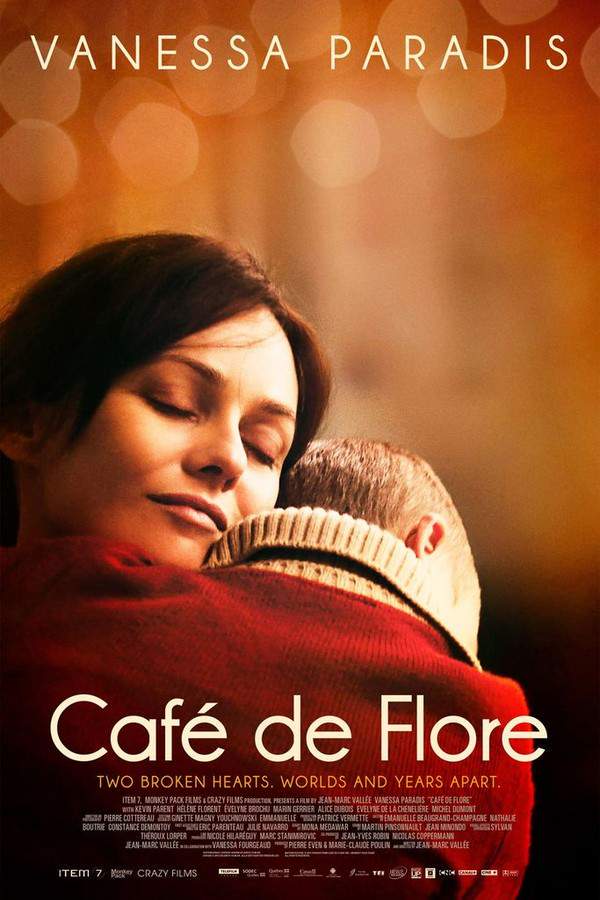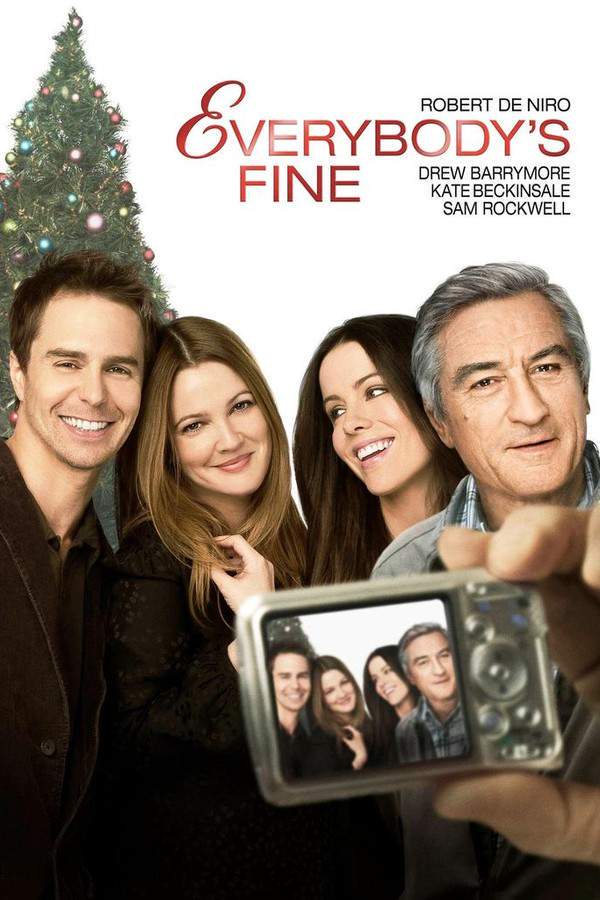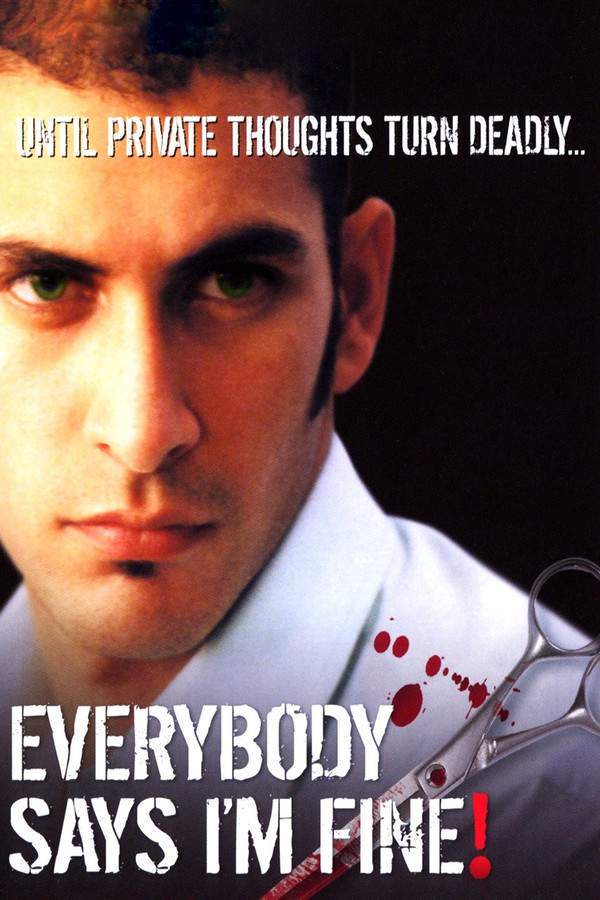Everything Went Fine 2023

André, facing his own mortality, decides to reconnect with his estranged daughter Emmanuèle, leading to a deeply personal and emotional journey. As they confront their complicated history, the film explores the delicate nature of family relationships and the challenges of aging. Sophie Marceau portrays Emmanuèle, and the story unfolds with quiet intensity, revealing the nuances of their connection and the weight of unspoken truths.
Does Everything Went Fine have end credit scenes?
No!
Everything Went Fine does not have end credit scenes. You can leave when the credits roll.
Meet the Full Cast and Actors of Everything Went Fine
Explore the complete cast of Everything Went Fine, including both lead and supporting actors. Learn who plays each character, discover their past roles and achievements, and find out what makes this ensemble cast stand out in the world of film and television.

Charlotte Rampling
Claude de Soria
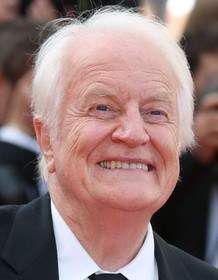
André Dussollier
André Bernheim

Eric Caravaca

Hanna Schygulla
La dame suisse
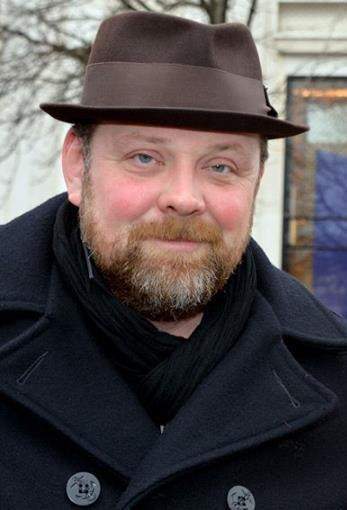
Grégory Gadebois
Gérard Boisrond
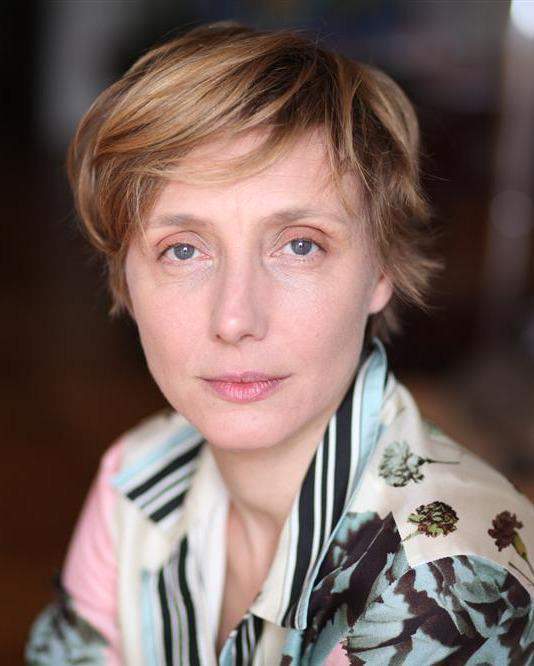
Nathalie Richard
Capitaine Petersen

Daniel Mesguich
Me Georges Kiejman

Géraldine Pailhas
Pascale Bernheim

Jacques Nolot
Robert, le voisin de chambre

Judith Magre
Simone

Sophie Marceau
Emmanuèle Bernheim
External Links and Streaming Options
Discover where to watch Everything Went Fine online, including streaming platforms, rental options, and official sources. Compare reviews, ratings, and in-depth movie information across sites like IMDb, Wikipedia, Rotten Tomatoes or Metacritic.
Ratings and Reviews for Everything Went Fine
See how Everything Went Fine is rated across major platforms like IMDb, Metacritic, and TMDb. Compare audience scores and critic reviews to understand where Everything Went Fine stands among top-rated movies in its genre.

The Movie Echo Score
Everything Went Fine presents a nuanced examination of euthanasia, anchored by strong performances that convey complex emotions without sentimentality. Critics and viewers note the film's deliberate pacing and thoughtful direction, though some cite occasional lags and unresolved narrative threads. Visual choices are described as graceful and understated, contributing to a measured atmosphere. While the subject matter may limit casual repeat viewings, the film rewards attentive audiences seeking a reflective cinematic experience.
The Movie Echo Score Breakdown for Everything Went Fine

Art & Craft
In terms of direction and cinematography, the film is praised for its subtle, nuanced visual language and graceful composition. However, several reviewers mention occasional lagging moments, strange camera work, and a frenetic editing pace that can feel disjointed. These mixed observations result in a competent but imperfect craft overall.

Character & Emotion
When it comes to character and emotional depth, the cast delivers a powerhouse performance, with critics highlighting vivid portrayals and nuanced chemistry between the leads. Viewers echo this sentiment, noting real, complex emotions conveyed by gifted actors. The consistently strong acting elevates the film’s emotional resonance.

Story & Flow
Regarding story and flow, the narrative is lauded for its thoughtful engagement with ethical questions and measured pacing. Yet, critics and users point to unresolved subplots, an anti‑climactic climax, and moments of confusion in the film’s loyalties. This blend of strengths and structural weaknesses leads to a mixed assessment.

Sensory Experience
In the sensory realm, the film’s visual style is described as subdued and graceful, contributing to an understated aesthetic. While specific commentary on sound design is limited, the overall sensory experience aligns with the film’s calm, measured tone, earning a solid but not outstanding rating.

Rewatch Factor
The rewatch factor reflects a film that rewards patient, reflective viewers who appreciate its thematic depth. Critics suggest it will resonate on subsequent viewings, though the heavy subject matter may deter casual repeats. Overall, it offers lasting appeal for those seeking thoughtful, repeatable insight.

68
Metascore
5.7
User Score


91%
TOMATOMETER

73%
User Score

6.8 /10
IMDb Rating

3.81/5
From 123 fan ratings
Take the Ultimate Everything Went Fine Movie Quiz
Challenge your knowledge of Everything Went Fine with this fun and interactive movie quiz. Test yourself on key plot points, iconic characters, hidden details, and memorable moments to see how well you really know the film.
Everything Went Fine Quiz: Test your knowledge on the poignant movie 'Everything Went Fine' about life, death, and the choices we make.
Who is the main character in the movie?
Emmanuèle Bernheim
André Bernheim
Pascale
Gérard
Show hint
Full Plot Summary and Ending Explained for Everything Went Fine
Read the complete plot summary of Everything Went Fine, including all major events, twists, and the full ending explained in detail. Explore key characters, themes, hidden meanings, and everything you need to understand the story from beginning to end.
Emmanuèle Bernheim, portrayed by the talented Sophie Marceau, finds herself grappling with a daunting request from her authoritarian father, André, played by André Dussollier. Recently hospitalized after suffering a stroke, he implores her to assist him in ending his life, a proposal that stirs a storm of emotions within her. Reflecting on her tumultuous past, where she faced continual criticism during her formative years, Emmanuèle feels an overwhelming sense of coercion, as if her father is resorting to his old ways of bullying.
In France, euthanasia is a forbidden act, prompting Emmanuèle to seek alternatives. She reaches out to a Swiss clinic specializing in such procedures. During her visit, she learns from one of the staff that the process mandates André to self-administer a lethal cocktail of drugs—while they can prepare the substances, they cannot be the hands that deliver his end.
As Emmanuèle and her sister Pascale, played by Géraldine Pailhas, begin to devise their plan to transport André across the Swiss border, he bids farewell to his circle of friends. Among them is his cousin Simone, interpreted by Judith Magre, a survivor of a harrowing history in a death camp, who passionately argues against his decision to relinquish his life. Compounding the situation is Gérard, played by Grégory Gadebois, a former lover whose unstable nature leads him to demand a meeting with André in the hospital. Despite Gérard’s insistence on André’s survival, he remains resolute in his desire to die.
Just as the sisters are preparing to carry out their plan, they receive a call from the police—Gérard, concerned for André, has alerted them to their intentions. After being briefly detained, they manage to slip away and take their father out under the cover of an ambulance. However, another layer of complexity arises when it becomes evident that one of the ambulance drivers is a Muslim, who reluctantly expresses his reluctance to participate in their scheme.
Despite the challenges, they successfully arrive in Bern. The following morning, they get the poignant news from a Swiss attendant that André passed away peacefully, with her holding his hand as he slipped away, embodying a bittersweet closure to a tumultuous journey. This heart-wrenching tale explores the intricate dynamics of family, the burden of choice, and the quest for dignity in death, leaving a lingering question: how far would one go for a loved one’s wish?
Uncover the Details: Timeline, Characters, Themes, and Beyond!

Coming soon on iOS and Android
The Plot Explained Mobile App
From blockbusters to hidden gems — dive into movie stories anytime, anywhere. Save your favorites, discover plots faster, and never miss a twist again.
Sign up to be the first to know when we launch. Your email stays private — always.
Discover Film Music Concerts Near You – Live Orchestras Performing Iconic Movie Soundtracks
Immerse yourself in the magic of cinema with live orchestral performances of your favorite film scores. From sweeping Hollywood blockbusters and animated classics to epic fantasy soundtracks, our curated listings connect you to upcoming film music events worldwide.
Explore concert film screenings paired with full orchestra concerts, read detailed event information, and secure your tickets for unforgettable evenings celebrating legendary composers like John Williams, Hans Zimmer, and more.


Everything Went Fine Themes and Keywords
Discover the central themes, ideas, and keywords that define the movie’s story, tone, and message. Analyze the film’s deeper meanings, genre influences, and recurring concepts.

Unlock the World of Movies with Our Comprehensive Wiki
Dive into our Movie Wiki for in-depth film encyclopedia entries, including cast biographies, production trivia, plot synopses, behind-the-scenes facts, and thematic analyses. Whether you’re researching iconic directors, exploring genre histories, or discovering hidden easter eggs, our expertly curated movie database has everything you need to fuel your cinematic passion.

Similar Movies To Everything Went Fine You Should Know About
Browse a curated list of movies similar in genre, tone, characters, or story structure. Discover new titles like the one you're watching, perfect for fans of related plots, vibes, or cinematic styles.
Quick Links: Summary, Cast, Ratings, More

What's After the Movie?
Not sure whether to stay after the credits? Find out!
Explore Our Movie Platform
New Movie Releases (2026)
Famous Movie Actors
Top Film Production Studios
Movie Plot Summaries & Endings
Major Movie Awards & Winners
Best Concert Films & Music Documentaries
Movie Collections and Curated Lists
© 2026 What's After the Movie. All rights reserved.












